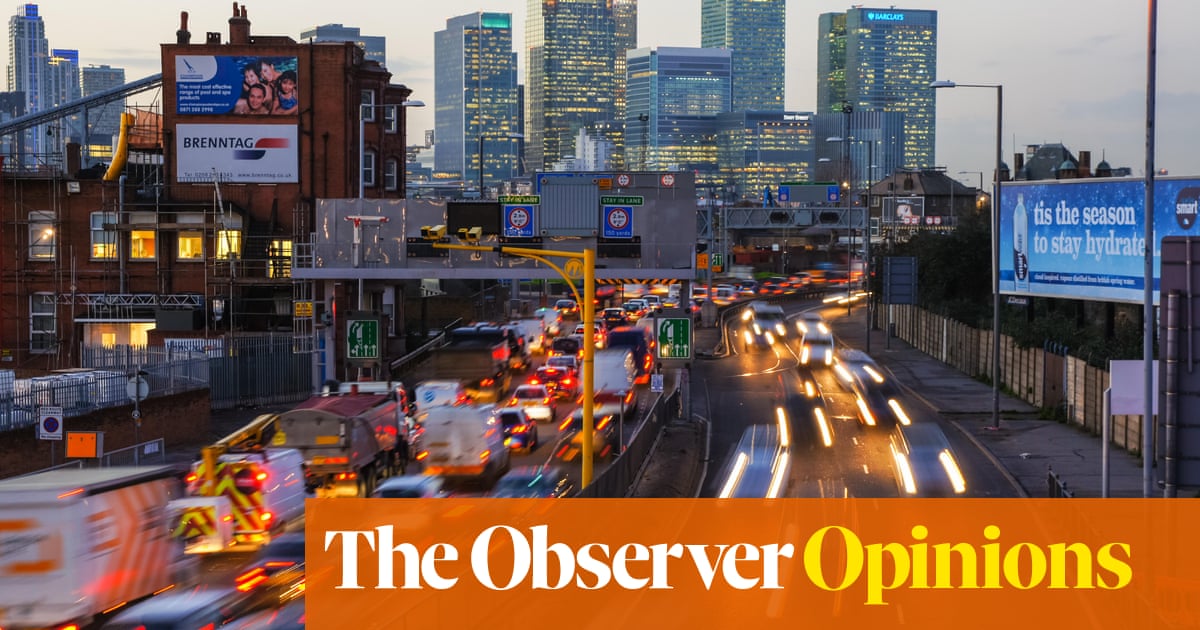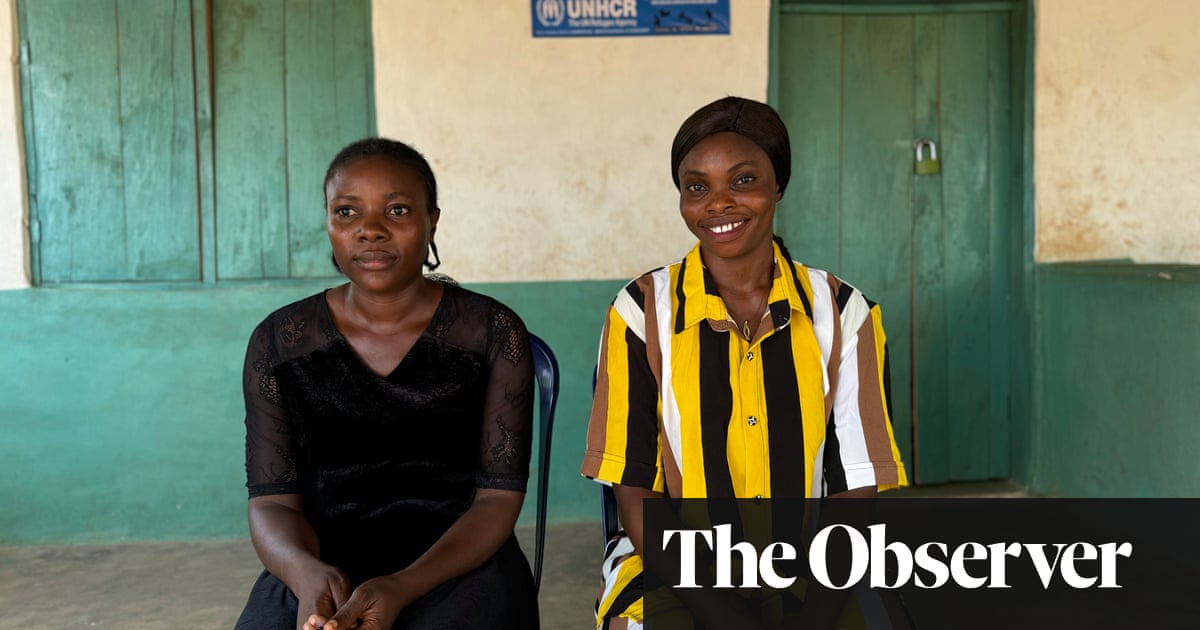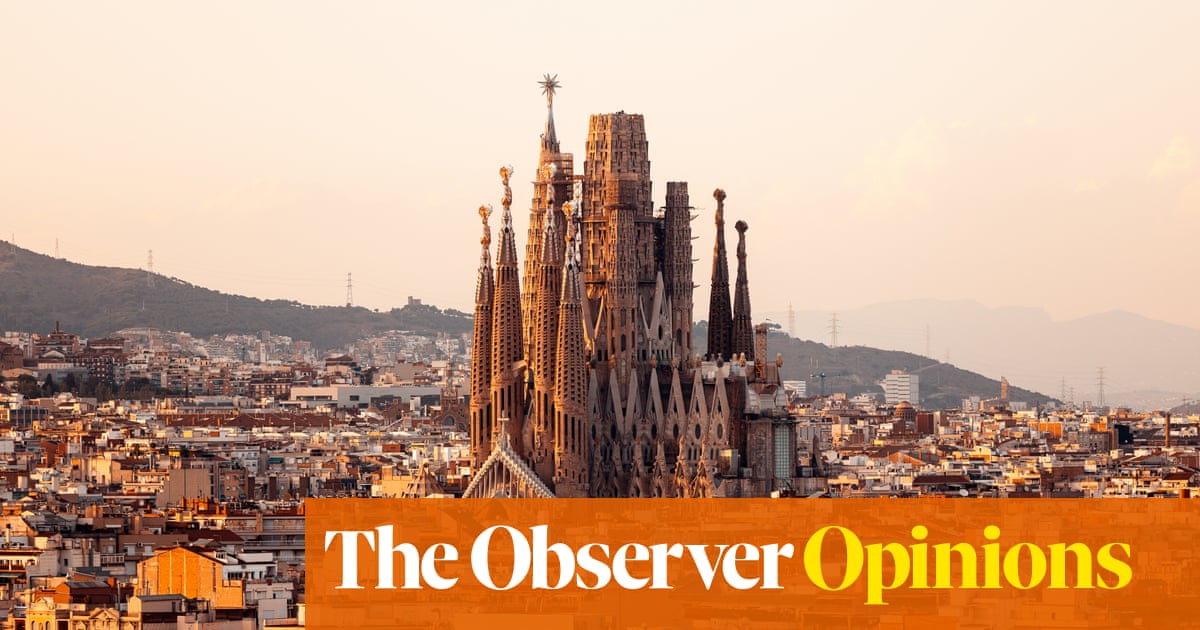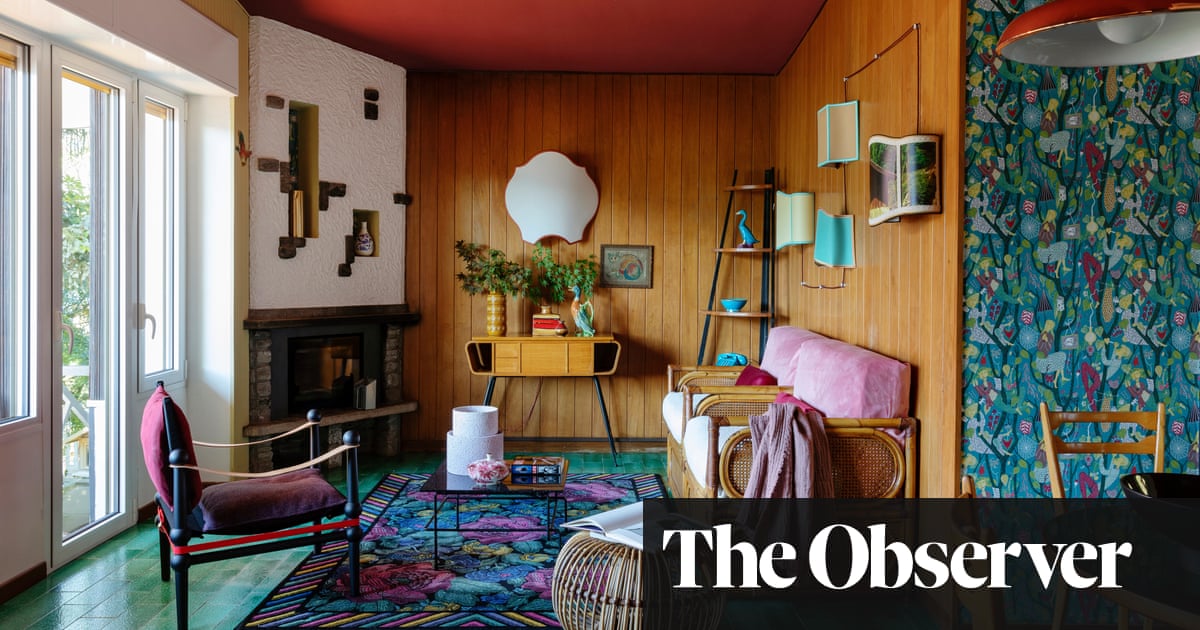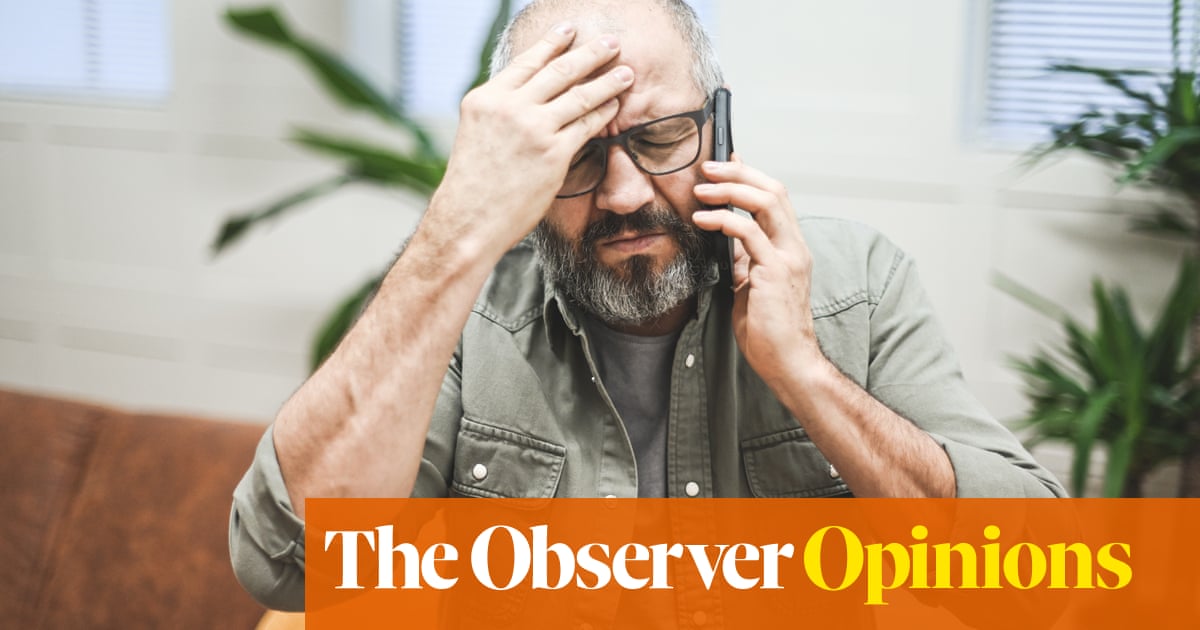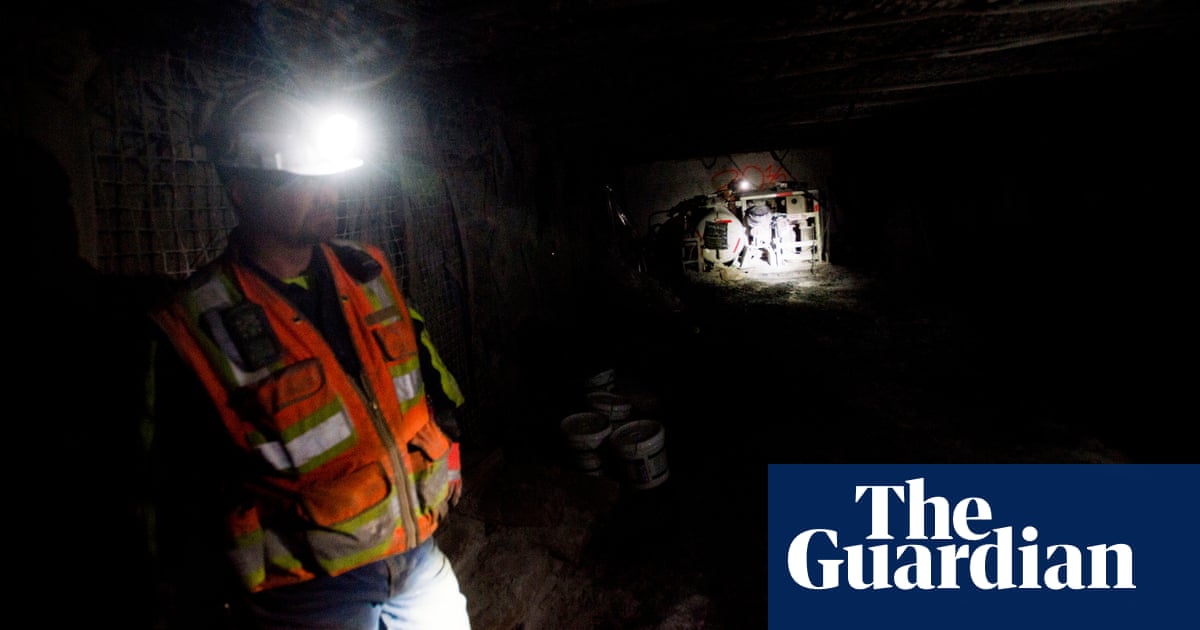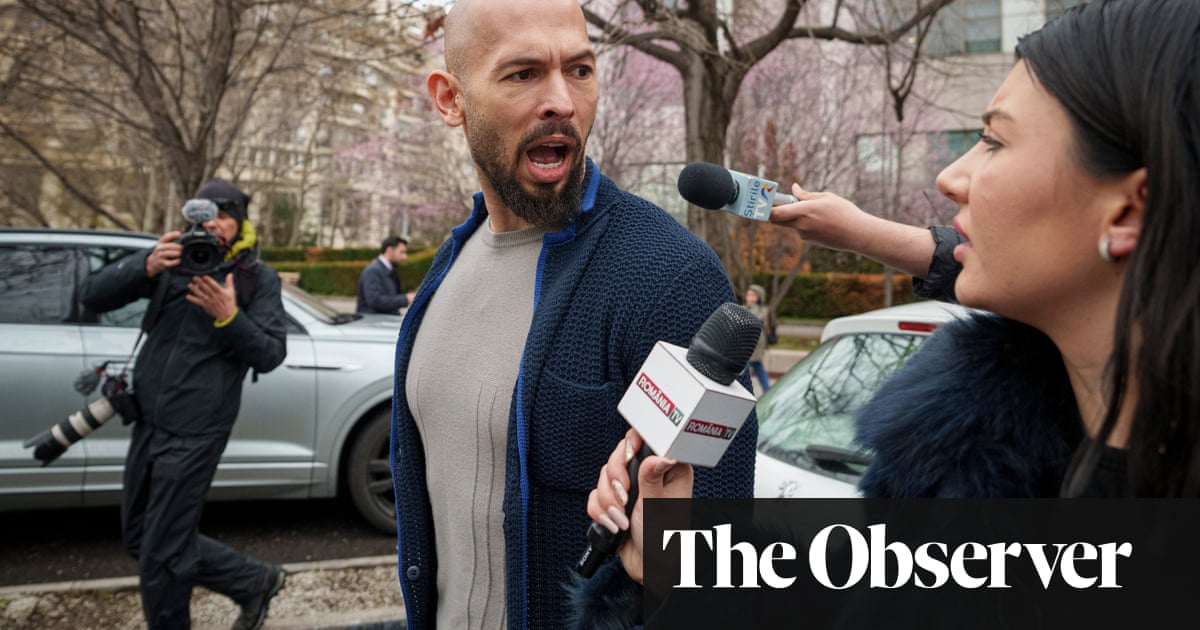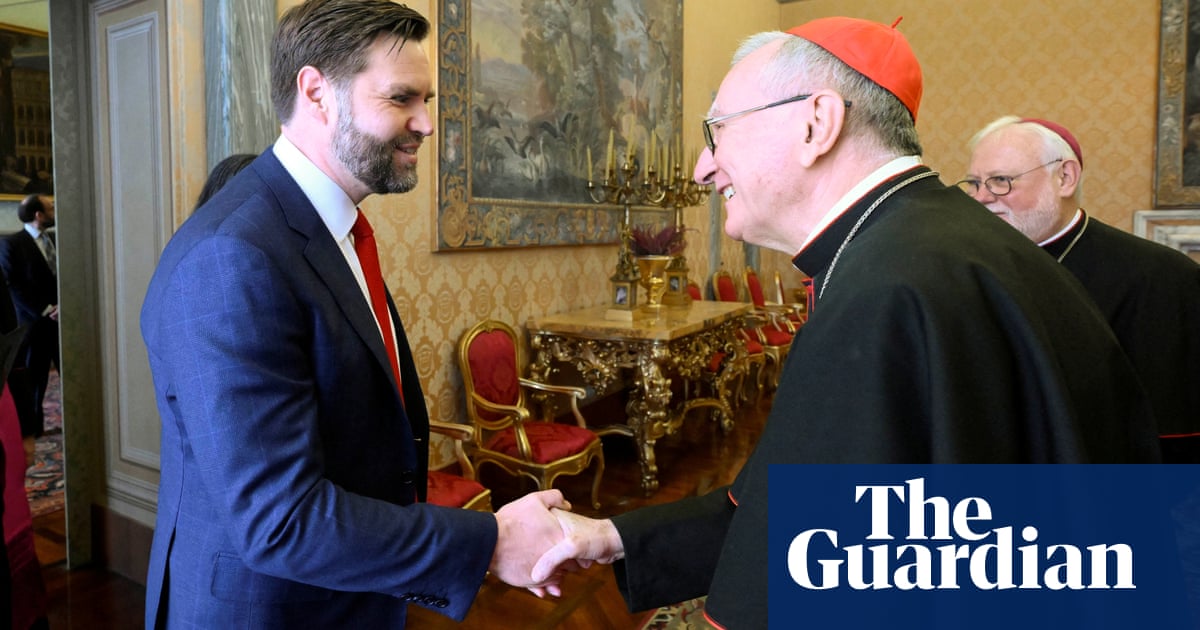This year, 18 of Africa’s 54 countries went to the polls for presidential or general elections, making 2024 a significant year on the continent. There were high hopes for renewed commitment to fair governance, transparency and equal representation. In particular there were hopes for women’s political participation, for more women to be elected to office to shape policies that address the needs of all citizens.
For more than a decade, we at the human rights organisation Make Every Woman Count (MEWC) have been tracking women’s political participation across Africa. Unfortunately, we did not see the progress we hoped for this year. In 2014, there were three women serving as heads of state across Africa. In 2024, there were two: the president of Tanzania, Samia Suluhu Hassan, and Netumbo Nandi-Ndaitwah, who became Namibia’s first female president-elect on 3 December; the result is being contested in court. Nandi-Ndaitwah was the sole woman among 15 candidates, underscoring the persistent gender disparity in contests for high office.
Ghana also made history by electing Prof Naana Jane Opoku-Agyemang as its first female vice-president.

Statistics on female representation in parliament offer slightly more optimism. The proportion of female MPs in Africa has risen marginally, from 25% in 2021 to 26%, data up to July 2024 shows. Quotas to enhance women’s representation have yielded notable successes in countries such as Rwanda, South Africa, Senegal and Tanzania, but this single percentage-point increase reveals there is still a long way to go in achieving equal political participation.
Breaking down the barriers for women requires more than just policy reforms. It calls for a cultural shift in societal attitudes, stronger enforcement of gender-equality measures, and relentless advocacy to ensure women can fully participate in the political arena.
Rai Sow, executive director, Make Every Woman Count
We asked three female politicians – from Senegal, Mozambique and South Africa – about their fight to get to parliament in 2024 and the change they hope to bring:
‘An old man said it would be too difficult for him to support a candidate who wears gold earrings’
Thérèse Faye Diouf, 43, Senegal
In November, I was elected for the first time as one of the 73 women in our 165-member parliament – the highest percentage in west Africa. This is a small sign of progress: only four women were in the 34-person executive cabinet appointed in April.
My six children know me as their mother but my constituents in Diarrère in Fatick region in south-west Senegal know me as the mother of the Diarhère community. I was their mayor from 2014 to 2022, the first woman elected to the position.

I am also a former minister of women’s affairs, community development and social equality under the previous government of President Macky Sall.
After studying sociology at university, I worked as a legislative aide and then headed an agency for early childhood care.
My father, a gendarme, was initially hesitant to allow me to participate in politics – and I faced other challenges. Multitasking helped: I combined work with academia and politics, defending my master’s thesis a few weeks after giving birth. In March 2011, the government accused me of being part of a thwarted coup d’état but I was cleared. My daughter was only six months old at the time.
Another memory sticks out for me, from my run for mayor. At a meeting I had with the community, there was an old man who said it would be too difficult for him to support a candidate who wears gold earrings. It was his way of saying he did not want a woman mayor. After my election, he came back to say he regretted his words and realised women are more effective than men in terms of governance.
As minister for women’s affairs, I pushed a bill for social protection but, after we left office, no one touched it. As a member of parliament with the Alliance for the Republic (APR) party, this can be an opportunity for me to put it back on the table. I will also push for access to land for women. These things must be a concern for the government.
We must focus on basic education and getting young people to adopt the cult of intelligentsia, to opt for the best.
As told to Eromo Egbejule
‘My message to women and girls is if they want change, they must fight for it’
Rute Manjate, 56, Mozambique
In October, I stood for the second time as a Podemos parliamentary candidate for Maputo city.
We didn’t win any seats in the 2019 elections, but now we are the biggest opposition party. We in Podemos are disillusioned with the ruling party Frelimo. Our country is in such a state because of it. There is a class there that sees itself as the masters – in Frelimo, governance is only for the benefit of this class and not for the country.
We have natural resources, but the people aren’t benefiting at all. For example, we have a lot of wood, but there are children who sit on the floor at school for lack of desks. We have a lot of gas, but many Mozambicans still can’t cook with gas. We have the Cahora Bassa hydroelectric plant, but energy is very expensive.
My biggest dream is that the largest percentage of our extracted resources should go to the Mozambican people. My ambition is to be president of a parliament that is balanced politically, with all parties able to discuss and pass laws by consensus, for the benefit of the people.

Mozambique women hold 43% of parliamentary seats. I hope this continues, because we have something to say in the political arena.
Thank God, in Podemos I don’t suffer any discrimination. There are equal opportunities and rights, so I have never felt disadvantaged because I’m a woman.
My message to women and girls is that if they want change in this country, they must fight for it and to fight is to be involved politically.
I had a very bitter experience during this year’s elections which shows how difficult politics can be in Mozambique, when elections are marked by irregularities. This year, I witnessed vote swapping in one of the polling stations in Maputo where I went to monitor the counting process.
after newsletter promotion
We asked the police to open a case, but they refused.
A few days after the election, a local Frelimo representative said that opposition people shouldn’t be allowed to exist. He was asking for my number. I feel scared but I can’t run away, because that’s my home and I don’t have anywhere to hide.
I spoke about it to [Podemos lawyer] Dr Elvino Dias. Just days later, on 18 October, Dr Elvino was shot dead [alongside Podemos representative Paulo Guambe].
I haven’t got over his death. We were very close. He would look at me and say: “You know, Rute, I see a judge in you. So I encourage you to study law.”
I didn’t manage to get into university, but he helped me a lot with books and exam preparation. I hope that one day, in his honour, I can continue with the dream he had of seeing me become a judge.
As told to Rachel Savage and Samuel Come
‘Being queer does not take away that we are fighting the same struggle’
Steve Letsike, 38, South Africa
As a teen, I was a member of the youth league of the African National Congress (South Africa’s largest political party), but I did not remain active as an adult because the work I was doing as an activist in the social justice movement was really to hold the state accountable.
I worked in LGBTQ+ organisations. We campaigned for laws around adoption and civil unions. I worked in public health, reaching out to gay men and looking at how they can get access to treatment for HIV.
I saw political neglect, particularly around gender issues, around women’s issues, LGBTQ+ [and] vulnerable groups’ issues. Are we allowing the struggle that has been fought for by the ANC and others, the freedom that has been fought for, to be squandered?
About six of us who were LGBTQ+ ANC members organised the Embrace Diversity Movement to campaign on LGBTQ+ issues within the party and society, looking at policy and political education. When we established it in 2018, we started identifying queer people who could then run for political office.
When I ran for the national executive committee (NEC) in 2022, we knew that we needed a strong campaign. I was unsuccessful that year.

But the ANC leadership was ready to turn over a leaf and strengthen its activism. In January 2023, I was among four people brought into the NEC to ensure the leadership was representative of South African society. [In May 2024, Letsike was elected to parliament representing the ANC and in July appointed deputy minister for women, children, and people with disabilities.]
I experienced homophobia and trolling while campaigning in 2022, in the general elections and even as a deputy minister. It was not easy, because immediately identity politics were at play. I use the name Steve, because I got it when I was a soccer player. So a lot of people are confused, asking: “Steve, is he a man?” I don’t identify as a man, I never have. I would get a lot of misgendering and I have to always correct that.
There were online bullying comments that said: “Oh, the ANC is turning gay, the ANC is losing its focus.” But being queer does not take away that we are fighting the same struggle.
There was a man I met during the 2024 campaign who said, “Oh, we’re now going to have gay people in parliament.” My response was, “Let’s talk about it. What are your fears?” He later apologised.
People know I don’t take nonsense. And I will take them, challenge them, I will not leave anything unturned. If it’s wrong, it’s wrong and it must be called out.
In a ministry, you don’t get to remove yourself from society. You become that activist government. When there are struggles, I still call whoever needs help. Just simple things like that, because those are meaningful things.

 3 months ago
53
3 months ago
53









